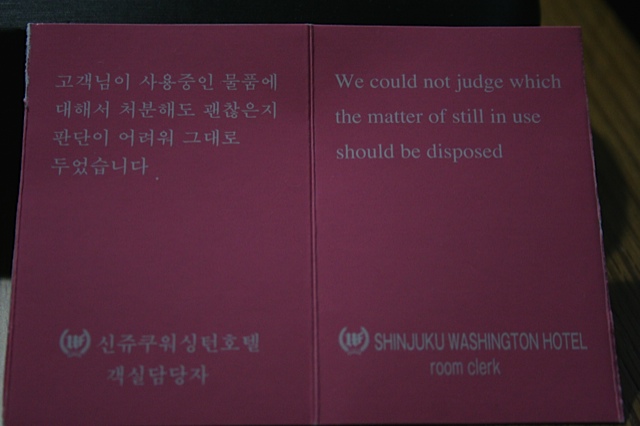Anne Amnesia, "Unnecessariat", More Crows than Eagles, 5/10/2016:
In 2011, economist Guy Standing coined the term “precariat” to refer to workers whose jobs were insecure, underpaid, and mobile, who had to engage in substantial “work for labor” to remain employed, whose survival could, at any time, be compromised by employers (who, for instance held their visas) and who therefore could do nothing to improve their lot. The term found favor in the Occupy movement, and was colloquially expanded to include not just farmworkers, contract workers, “gig” workers, but also unpaid interns, adjunct faculty, etc. Looking back from 2016, one pertinent characteristic seems obvious: no matter how tenuous, the precariat had jobs. The new dying Americans, the ones killing themselves on purpose or with drugs, don’t. Don’t, won’t, and know it.
Here’s the thing: from where I live, the world has drifted away. We aren’t precarious, we’re unnecessary. The money has gone to the top. The wages have gone to the top. The recovery has gone to the top. And what’s worst of all, everybody who matters seems basically pretty okay with that. The new bright sparks, cheerfully referred to as “Young Gods” believe themselves to be the honest winners in a new invent-or-die economy, and are busily planning to escape into space or acquire superpowers, and instead of worrying about this, the talking heads on TV tell you its all a good thing- don’t worry, the recession’s over and everything’s better now, and technology is TOTES AMAZEBALLS!
The article starts by comparing the rise in suicide and overdose deaths to the history of AIDS deaths in the 1980s, and her punchline is this:
If I still don’t have your attention, consider this: county by county, where life expectancy is dropping survivors are voting for Trump.
Since this is Language Log and not Political Analysis Log, I'll let you digest the article on your own, and turn my attention to the word formation principles behind unnecessariat.
Read the rest of this entry »







